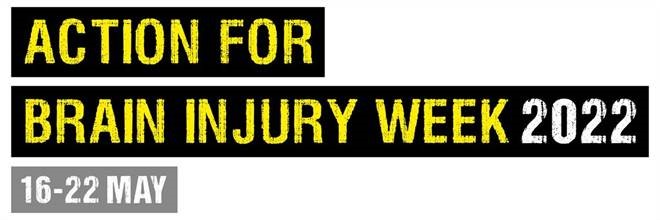As this year's theme for Action for Brain Injury Week highlights, brain injury is often a hidden disability. Cognitive, emotional and behavioural changes may not be visible and can easily be mistaken as irrational and rude.
Someone recovering from a road accident, for example, may make great strides with their orthopaedic injuries but suffer long-term problems with personality, thinking and memory, since even mild impact can injure nerve fibres in the brain and lead to widespread damage. With even the most basic daily activities, such as preparing a meal or planning an activity relying on fairly complex cognitive skills, any loss in such skills can be devastating.
Family and friends can feel as if they have lost the person they knew before the accident. The injured person suddenly finds it difficult to inhibit inappropriate behaviour and control their emotions, putting a strain on existing relationships, making it difficult to form new relationships and make it near impossible to return to work.
To make matters worse, some clients lack insight into their condition and are unable to understand fully or explain the changes they have experienced – adding to feelings of isolation and frustration that they cannot return to the life they once had.

A massively rewarding aspect of representing someone with a brain injury is obtaining the funds to access the right help and treatment – usually working in accordance with the Rehabilitation Code. A first step in such a claim is to contact the insurer of the defendant driver or the negligent employer to request interim payment of damages to allow private rehabilitation to get underway.
Our skill is to ask the key questions as to how the injury will impact someone's life – can they live at home, will they be able to work, do they have the capacity to manage their finances – and to work out quickly what medical treatment and therapies are needed. Ultimately, we look at the remainder of the person's life and try to assess accurately the total financial cost to them of their brain injury. Their life has been turned upside down in so many ways, financial security becomes paramount.
Recovering the compensation a client needs means proactively looking for and seeing these hidden injuries, and then looking beyond them to understand the person they were before the accident. What can be done to make their life easier, to help them cope short and long-term and get them back to as many of their former interests and activities as possible – or, if that isn’t possible, to help develop new ones.
Read Claire's recent brain injury case: £2.6m for man suffering personality change following accident at work | Fieldfisher
Read about the work of brain injury charity Headway

